
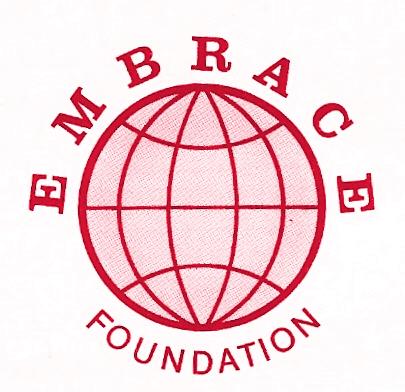
Embrace Foundation Retreat Center
Embrace.Foundation (skype messaging) - 011+1+212.675.4500 (New York)
Click to Email Us
Traveling in Ghana
TRAVELING IN GHANA - 2013
If you have not already read the section on Ghana in CURRENT, please be certain to do so.
Introduction to Ghana
As a potential traveler, if you have not familiarized yourself with the remarkably long reign of the Akan and Ashanti Empires
of current day Ghana; an era filled with shrewd diplomacy, elaborate clothing, heavy gold jewelry, distant trade and
continued military successes against the Western powers, you should do so. We recommend the book “A History of West
Africa” by Basil Davidson, with F.K. Buah and J.F. Ade Ajayi.
The first thing the Founders of Embrace would like to say about Ghana is that its’ people, by and large, are soft-spoken,
gentle and incredibly tolerant. Keeping this in mind, if you are the typical long term traveler from Europe, you may feel that
the chaotic religious fervor in Kumasi and Accra from the influence of vying American fundamentalist interests may be more
than you wish to put up with. People from other parts of the world may find it amusing.
Considering the size of their nation and the population available for conversion, compared with many other African
countries, Ghana has been deluged with missionaries from every conceivable self-proclaimed apostle to probably every
Christian Protestant sect that has ever existed. Yes, there are Catholics in Ghana as well. The Catholic community seems
to be more concentrated in the Northern territory, within or near the largely Muslim population. The Catholics, like the
hierarchical (and primarily “establishment”) Protestant churches: including but not limited to: the Presbyterians, Methodists,
Anglicans, Seven Day Adventists and so forth are already embedded in society and are an active part of the Ghanaian
mainstream. Most of these churches are deeply involved in offering excellent education to children, health care education to
families and those with aids, clinics and many programs that help Ghanaians have better lives.
However, the irony of the most recent missionary zeal is that a substantial portion of it is derived from the part of the U. S.
that fought long and hard in supporting the importation of slavery from Ghana to the United States. The same area
continued until the 1960’s to be rabidly segregationist. Why are many people who still have strong racist tendencies so
eager to convert Ghanaians to their form of protestantism?
INTERNATIONAL BANKS
A clue to the great interest in Ghana may be seen in the race to establish international banks there. The moment you get off
a plane at the airport, you begin to see huge ads for banks from around the world. There are banks from China, banks from
Netherlands - banks from Britain and fortunately, there are also Pan-African Banks, such as Eco Africa Bank and now
some credit unions that have been set up (thanks to “establishment” churches) that may begin to protect Ghanaians from
the same disasters that Europeans and American’s have experienced with their less than ethical “Big” banks.
Why is everyone so interested in Ghana? Well, let’s see:
Ghana is politically stable
Ghana has gold.
Ghana has oil
Ghana has cocoa
Ghana imports way too much of its food leaving it open to countries that wish to export to it
Ghana, due to its high humidity and rainfall, has plenty of water (although it is not always accessible to all people easily) and
if Nestle, Coca Cola or Pepsi coopt it, most people will not get any water at all.
Ghana has many accessible ports and good roads in primary areas
Ghana has countries near enough, with even more oil, making it a strategic jumping off point for covert operations into
nearby nations.
Clearly, churches dreaming of someday becoming international players, consider this is the place to “be” in Africa.
WEATHER, FARMING & DIETS
Ghana is very hot and very humid all the time. Don’t make the common assumption that Ghanaians born in Ghana don’t feel
the sweltering effects of the weather, they do.
No doubt one of the reasons the people of Ghana eat so few vegetables is due to the fact that the intense heat can make
farming during the day very difficult. The common Ghanaian diet now consists mainly of meat, fish, lentils, cassava and
spices. The usual vegetables are cabbage and carrots. Ghana does have a thriving pineapple industry. It is probably the
best pineapple you will ever eat.
CLEANLINESS & STREET FOOD
Ghanaians are fastidiously clean. Unlike, India where the Founders will not eat street prepared food, Ghana is pretty safe,
probably as safe as street food is anywhere in the world.
EATING OUT & LODGING
The concept of casual cafes, coffee shops or tea shops has not caught on yet. As far as, we could determine, the only
coffee house we came across was in the Accra Mall, which is the smallest of Accra’s three malls. The café was very good
but we did not see any others even at the two larger malls and definitely not on streets.
There are not great numbers of restaurants and those that exist often do not serve breakfast, especially in Kumasi. In
Kumasi, it seems most visitors eat breakfast at only one hotel restaurant in the center of town. We stayed at the easy going
and enjoyable Presbyterian Guesthouse which is clean has green lawns, palm trees, a security guard, always quiet
neighbors, a long balcony to watch the world go by and roosters and chickens running across the lawns to make you feel at
home. It is an excellent place to stay. Rev. Dr. Akwasi Doku Nyantekyi told us that the new building we saw being
constructed was going to be additional rooms. This should be a great help to those traveling to Kumasi, where a shortage
of reasonable rooms or any rooms at all is always a possibility.
GREAT HOPE & NEW ENTREPRENEURS
The Founders were delighted to meet a wonderful team of people lead by an ex-pat, British Ghanaian. Peter, has returned
to Ghana to start a large organic farm in conjunction with a new prep school being set up for the children of Ghana’s new
and growing wealthy class. This venture with a number of investors is a sign of the idealism and optimism that Ghanaians
living outside Ghana have for their people. Our hearts and hope is that increasing numbers of Ghanaian ex-patriots with
specialty educations and skills will return to develop new and successful businesses in Ghana.
IMPORTATION & INFLATION
If you go into one of the grocery stores in Accra or Kumasi, you will see that almost all of the food products and many other
types of products as well, are imported. Any economist will tell you this is a recipe for disaster as inflation in Ghana ,once
again, is running very high. When the Founders first planned their trip, the exchange rate between the Ghana Cedi was 1.45
- $1.00 U.S. Within 5 months, it had jumped to 1.95 Cedi - $1.00 U.S. This did not make Ghana cheap, because their
importation of so many foreign products elevated the expense of everything in the country - making hotels and the few
restaurants nearly comparable to eating and staying in mid-range restaurants and budget hotels in the United States. For
long term travel, it can be a little pricey. Volunteers usually stay in only one place with families, cook their own food or live off
limited street food vendors.
FAVORED NATIONS
Ghana has a particularly sympathetic bond with the Netherlands, as well as, Germany. It seems that the best travel books
written on Ghana are written in German. The German language books have by far the best listings of places to stay, so if
you read German, get a travel book by a Netherlands or German publisher. You will see many people from these countries
visiting as tourists or volunteering.
TYPES OF WESTERN VOLUNTEERS
Volunteers come from all over the Western world. However, there are three venues of volunteering; that you as a traveler
might want to acquaint yourself with:
1.) There are volunteers that are straight-up secular volunteers, such as young people coming over from Sweden who’ve
come to teach in the schools.
2.) There are volunteers such as those who come as nurses working through their church to help with a church run
hospital. They are also transparent.
3.) Lastly, are the volunteers who are volunteering as missionaries to gain new converts into a fundamentalist Christian
Church. These latter you are likely to meet as a fresh-faced group of young strictly white girls staying in a remote hotel or
restaurant, speaking covertly, holding hands around a table or in a circle and being encouraged by a team leader into
“journaling” their experiences to enhance their conversion skills. Apparently, the use of groups of attractive young girls is
one of the more favored means now days of evangelization.
UNETHICAL WESTERN BANKS
As a visitor from the West, you should take a moment to consider why Western banks are working so hard to woo
businesses in Ghana? Banks with reputations as sullied as Barclay’s (the Libor Scandal) have the audacity to solicit African
nations for their hard earned liquid cash. What international laws are in place to prevent Western banks from usurping
Ghanaian money and using it to get themselves out of financial difficulties?
Are Ghanaian personal accounts insured for loss by foreign banks? Will Ghanaians lose their savings in unscrupulous
manipulations and investments by such banks? Are the Western banks investing Ghanaian money in Ghana? It is after all
Ghana’s oil, Ghana’s Gold and Ghana’s Cocoa that is enriching these grossly mismanaged banks.
A Well Informed Guide
For those who would like to find a well-informed, exceedingly polite, fluent English speaking individual to help you
understand the history of Ghana, we recommend Phillip Atta-Yawson who is at Fort Williams. For the record, the majority of
Ghanaians do not speak English. Many Ghanaians have their tribal language, as well as a form of cross-over English,
reminiscent of the English you hear in Jamaica but impossible to understand without training.
Embrace Foundation is a non-profit,
educational foundation set up to create
better understanding between people of
different religions, cultures, traditions and
world philosophies.
Embrace Foundation works to bring leaders
and scholars of world-wide religions,
cultures and philosophies together by
sponsoring forums, seminars, lectures and
developing an international exchange
program. Embrace Foundation is particularly
concerned with reaching the world public
through the media.
Purpose
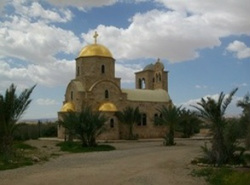
Donations
Embrace Foundation is an all volunteer
organization. All donations go directly to
programs.
Embrace Foundation does not and has
never given permission to any outside
organization to solicit or receive
contributions on our behalf.
All donations should be made to Embrace
Foundation only via Paypal or by mail. All
donations are tax deductible. A receipt will
be emailed to you. Please click on the Pay
Pal link below to Donate.
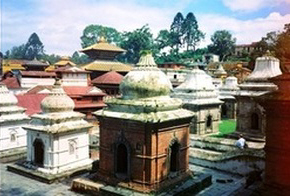
Travel As An Interfaith Act
Embrace encourages all who can do so, to
learn about other traditions and cultures by
traveling as “Grassroots Diplomats.” We
hope that people every where become life
long students of our world-wide humanity.
“ In every man there is something wherein I
may learn of him, and in that I am his pupil.”
R.W.Emerson
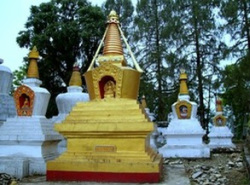

Embrace Humanity
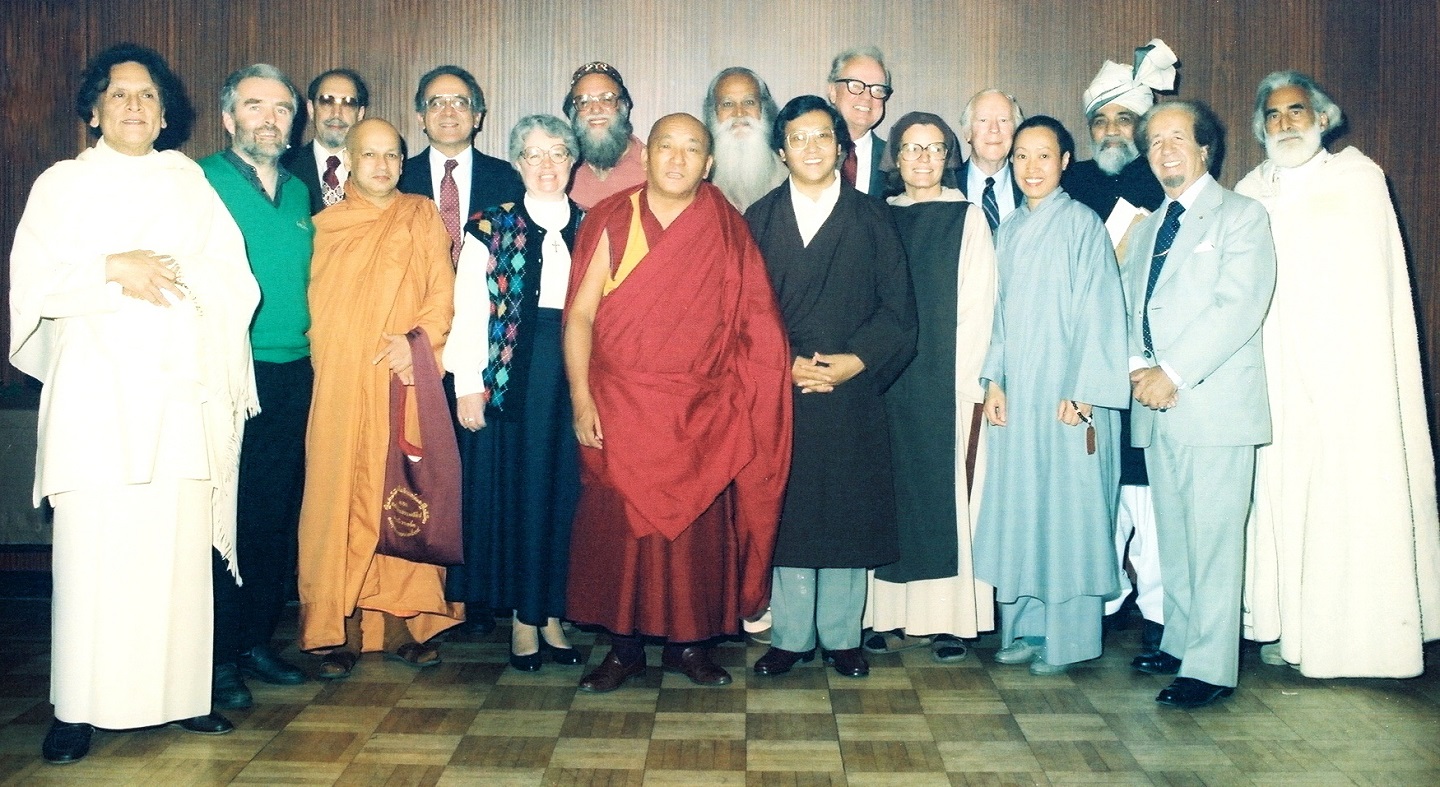
Great Visions - TV
Guests are: Swami Satchidananda &
the Rt. Reverend Dean Parks Morton
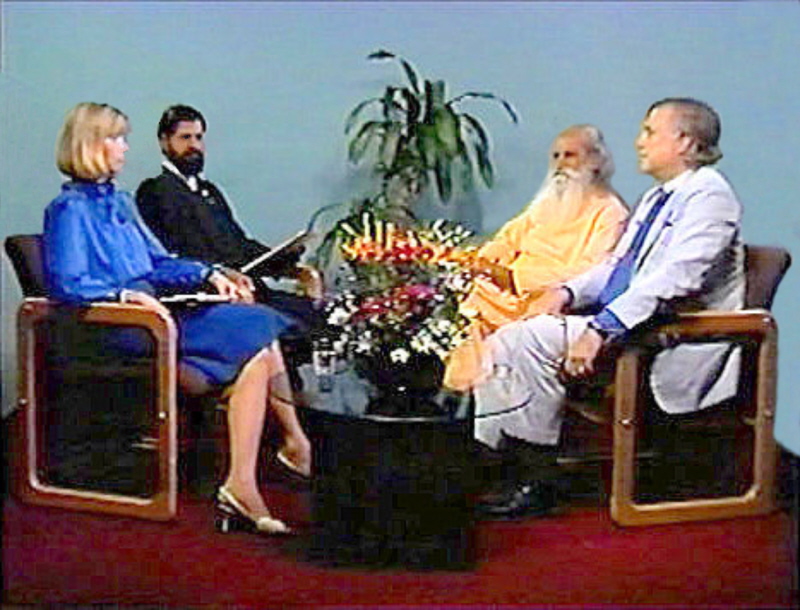
Embrace Archives
Limited Editions Gallery
Umrah - Jordan
Embrace Sacred Places
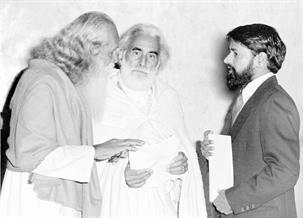
Monastery of Bahira - Syria
Embrace Foundation Universal
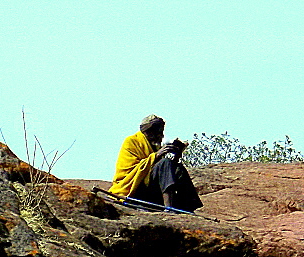
Monk Reading - Ethiopia
Thank you for making a donation.
Embrace Foundation International
- Great Visions TV
- Inspirations
- Media
- Possibilities
- Astrophysics, Quantum Physics & The Nature of Reality
- Deconstructing Nuclear Fission & Nuclear Waste
- Defense Industry as Community Builders
- Defense Industry As Energy Providers
- Global Water Shortages
- Innovative Technology
- Intelligent Communities & Development
- Pentagon & Non-Western Nations
- Recreating
- Resource Based Population
- Sharing Community Resources
- Protecting Human Rights
- Spiritual Ecology
- Syria
- Write to Us

